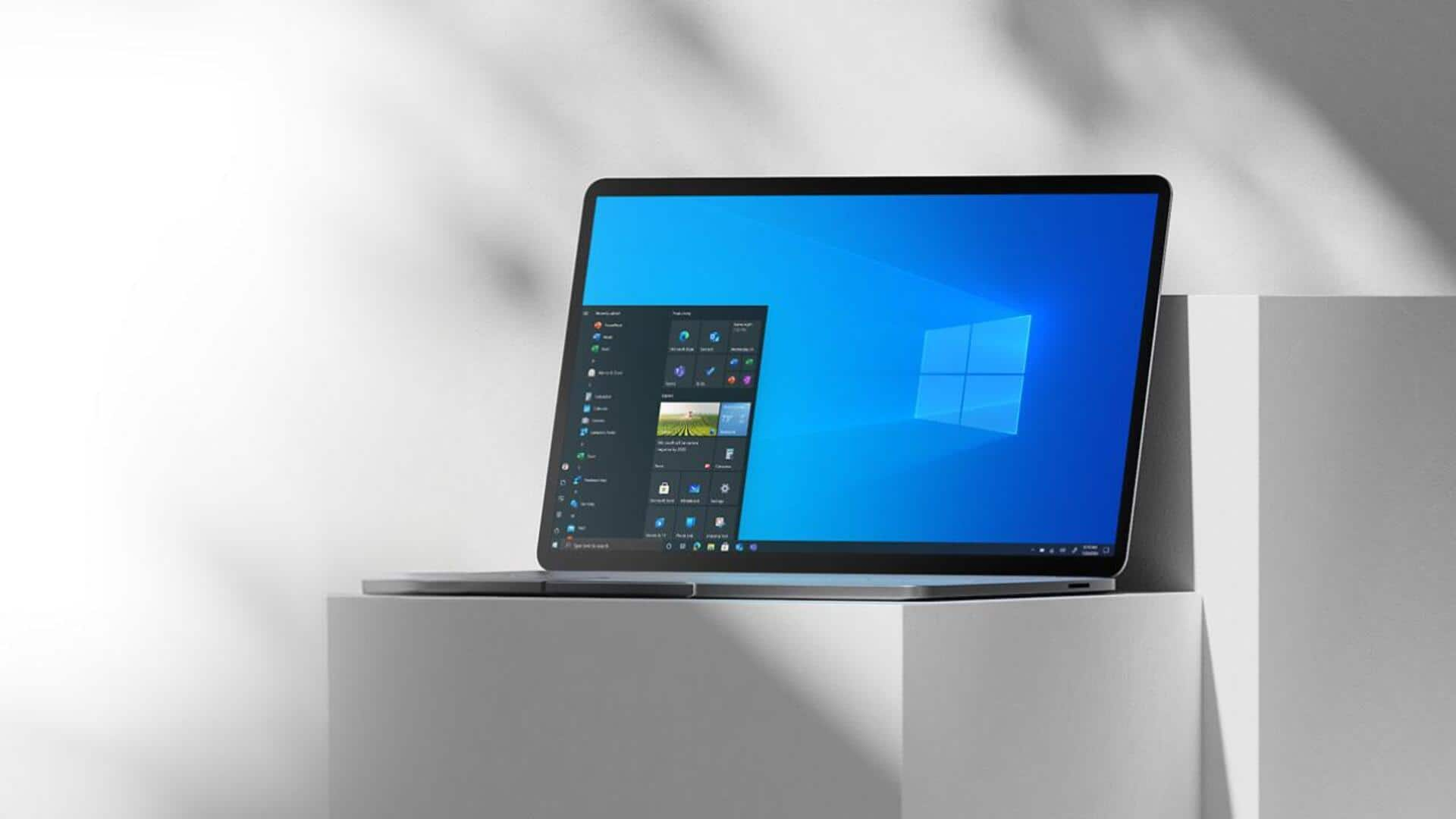
Microsoft advances vision of AI-assisted Windows with Model Context Protocol
What's the story
As part of its ongoing artificial intelligence (AI) initiatives, Microsoft has announced the integration of the Model Context Protocol (MCP) into Windows. The company also unveiled the Windows AI Foundry, a platform designed to support MCP. This move is a step toward Microsoft's vision of an automated future where AI agents assist human users in their daily tasks.
Protocol details
MCP: The 'USB-C port of AI' apps
The Model Context Protocol, which Anthropic introduced in 2024, is an open-source standard commonly dubbed the "USB-C port of AI" apps. Much like how USB-C links devices from different makers to a wide range of accessories, MCP lets developers make their AI apps or agents interact with other apps, web services, and now, parts of Windows. Microsoft's adoption of this protocol aligns with its vision for a future where automated AI agents can connect with apps/services like never before.
Future outlook
Microsoft's vision for Windows and AI agents
Pavan Davuluri, the Windows chief, shared in an interview with The Verge that Microsoft's aim is to make Windows a platform where AI agents are part of the operating system's workload. He imagines a future where these agents will be involved in the way customers interact with their apps and devices, day in and day out.
Developer tools
New developer capabilities to support MCP in Windows
To bring this vision to life, Microsoft is launching new developer capabilities to enable the MCP framework for AI agents to unlock essential Windows functionality. An MCP registry on Windows will act as a secure source for all MCP servers available to AI agents. "Agents can discover the installed MCP servers on client devices via the MCP Registry for Windows, leverage their expertise, and offer meaningful value to end-users," Davuluri explained.
Improved functionality
MCP integration to enhance user experience
Microsoft also demonstrated how Perplexity on Windows could leverage MCP capabilities. Instead of selecting document folders manually, Perplexity can query the MCP registry to locate a Windows file system MCP server. This way, it can perform file searches more naturally for users. For example, users could just say "find all the files related to my vacation in my documents folder," and skip manual folder selection.
Security concerns
Security risks and measures associated with MCP
However, the integration of MCP into Windows also poses potential security risks, including token theft, server compromises, and prompt injection attacks. To avoid these risks, Microsoft is only offering a preview to select developers for feature development and security enhancement. "We have a solid set of foundations...that gives us all the tools to start this securely," David Weston, VP of enterprise and OS security at Microsoft, told The Verge.
Information
Microsoft to implement MCP security controls
Microsoft is also committing to a number of MCP security controls, Weston detailed in a blog post. These will prevent attack classes like tool poisoning while creating a diverse ecosystem of MCP servers. More on these requirements will be known when the developer preview drops.